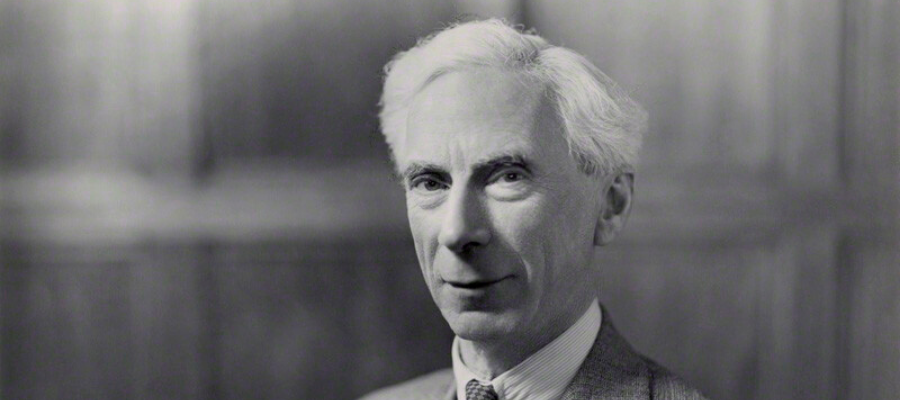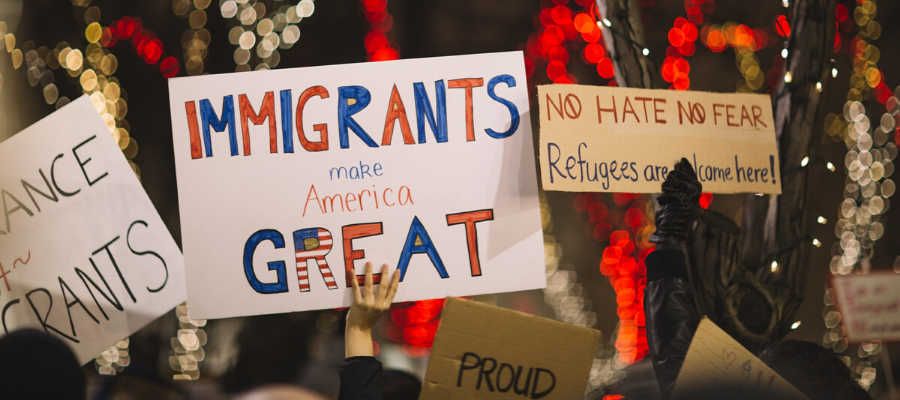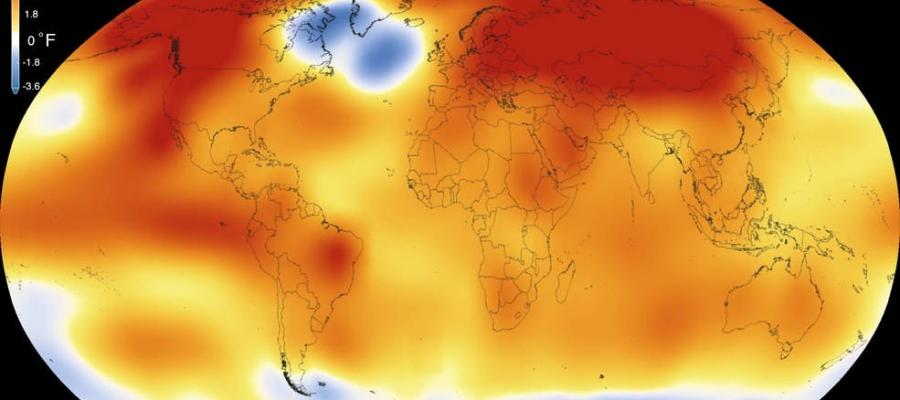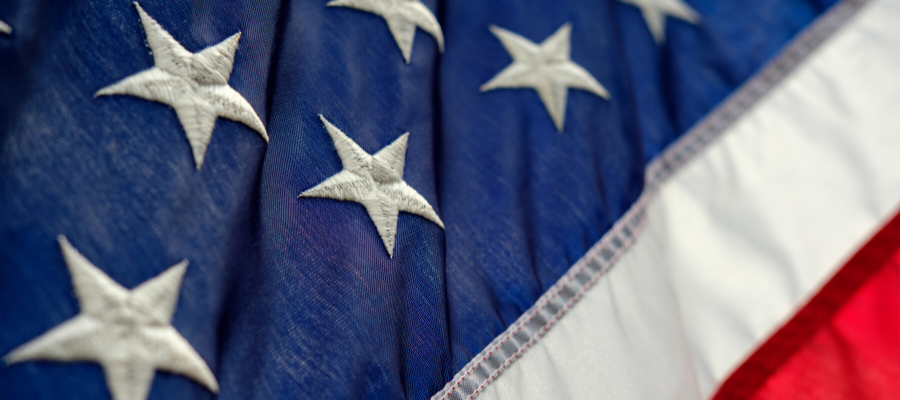Margaret the First
21
Mar 2024
Margaret Cavendish, Duchess of Newcastle in the 17th century, was a fascinating polymath. And she had a radical idea about the universe: everything in it thinks. Amoebas, rocks, trees, dust—you name it, it's cogitating. To see how original an idea this was, consider the view of her contemporary, René Descartes. For Descartes, souls think but don't move; bodies move but don't think; so there's no such thing as a thinking rock. Cavendish's view was dramatically different: "whatsoever is not material," she said, "is no part of nature.” In other words, there's only one kind of...
Read moreLatin-American Philosophy
26
Sep 2013
It's National Hispanic Heritage Month, and this week on the program we'll be tackling Latin-American Philosophy. By Latin America we mean all the Spanish and Portuguese speaking parts of the Americas, including Mexico. We’ll just say American philosophy when we mean the U.S. and Canada, and apologize in advance for the somewhat arrogant terminology. All philosophy in the Americas can be divided in two: that connected with the native American cultures that were here before Columbus, and what developed from the 16th century on. There’s a lot of rethinking going on about every...
Read moreA dialogue on Biracial Identity
18
Feb 2011
This week's show is a rebroadcast of our show about biracial identity, first aired back in 2009. You can think of it as our contribution to Black History Month, I guess. I wrote the following little dialogue as a way of getting the juices flowing on this issue. I republish it here pretty much without change. A Black Guy (BG) and a White Guy (WG) are in a bar, having drinks. You may be tempted to think that they are John Perry and Ken Taylor -- but since I'm putting words in both people's mouths, don't hold John...
Read moreImmigration and Multiculturalism
15
Mar 2019
Should immigrants assimilate into their new society? Or should society adapt to make room for different cultures? Aren’t there some foreign customs we should never accept? This week, we’re thinking about immigration and multiculturalism. I have to say, I’m a big fan of multiculturalism—that is, of the idea that each culture within a society should maintain its own identity, rather than assimilating to the dominant one. In fact I’m not just a fan but a beneficiary of multiculturalism, having immigrated to the States thirty or so years ago. It’s true that I do a...
Read more#FrancisOnFilm: Portrait of a Lady on Fire
09
Mar 2020
Is it wrong to paint someone’s portrait without their consent? Does doing so invade their privacy, taking intimacy from them? In Portrait of a Lady on Fire, writer-director Céline Sciamma presents this ethical dilemma for a woman portraitist in late eighteenth century Brittany. The portraitist is hired to paint a young woman who has already refused to sit for another and who has not been told the reason for the portraitist’s visit to her family’s home. One goal of the portrait is straightforwardly economic: it is to be taken to a prospective (and supposedly wealthy)...
The Science of Happiness
17
Mar 2016
Psychology used to be mostly concerned with unhappiness, treating the wounded, the traumatized, or the pathological. But now there is an emerging science called positive psychology that focuses on how ordinary people can cultivate positive life qualities and be happy. Of course, to study happiness scientifically, we need to know exactly what happiness is and how we can measure it. I’m reminded here of St. Augustine’s famous insight about time. He knows what it is when no one asks him, but as soon as he has to explain it to another, he does not know. Similarly for...
Read moreThe Nature of Wilderness
01
Apr 2015
The 1964 Wilderness Act defines wilderness as an area where “the earth and its community of life are untrammeled by man,” which “retains its primeval character and influence, without permanent improvement or human habitation.” I like that definition. I especially like the phrase “untrammeled by man.” It’s poetic and inspiring—just like the wilderness itself. But it’s not entirely accurate. Take the Desolation Wilderness, near lake Tahoe—a place I love to visit. It’s not exactly untrammeled. It’s got some trails, some signs. Until the year 2000, the US Forest Service even dropped...
Read moreDescartes
29
Jul 2005
Tuesday we discuss René Descartes, who lived from 1596 until 1650 -- not very long, by my standards. Descartes was a French philosopher, scientist and mathematician who is the father of analytic geometry in mathematics and modern rationalism in philosophy. Pretty good for someone who died at 54.... For almost forty years I have taught Descartes' Meditations in my Introduction to Philosophy Class. The skeptical problem which he poses bring up a host of interesting problems which occupy us for the rest of the course: the external world, the self, God, and the relation between...
Read moreWhy Is Analytic Philosophy Dominant?
03
Mar 2017
How did analytic philosophy come to dominate Anglo-American philosophy departments? If you thought it was just because it is the superior kind of philosophy, well, that might be your bias showing. Some seemingly important developments in the history of thought are determined by rather uninspiring and unglamorous contingencies, like rivalries or personal idiosyncracies. The Daily Nous recently discussed a new essay, "On the emergence of American analytic philosophy" by Joel Katzav and Krist Vaesen, published in the British Journal for the History of...
Read moreFatal Attraction
05
Feb 2018
Regular readers of this blog know that I have a longstanding interest in the appeal of Donald Trump, and the social and psychological forces that catapulted him into power. More recently, I’ve been fascinated by the sudden intellectual celebrity of University of Toronto psychologist and self-help guru Jordan Peterson, whose most recent book has rocketed to the top of US Amazon’s bestseller list. These and other events have piqued my interest in the phenomenon of charisma. I have been reading and thinking about this subject for some time now, and have made it the focus of this month’s...
Read moreWho Is a “Criminal”?
06
Jul 2018
One of the “arguments” for restrictive and even harsh immigration policies in the United States seems to go (more or less) like this: 1. people who enter the country illegally are breaking the law; 2. since they’re breaking the law, they’re criminals; 3. since they’re criminals, they should be deported as soon as possible (and treated harshly). Such thinking—spelled out to a greater or lesser degree—is suggested by publications in right-wing circles and endorsed in anti-immigrant activism, like in the photo above. The argument, of course, is applied opportunistically. I’ve never known of a...
Read moreCivil Disobedience
19
Nov 2010
Civil disobedience is a great tradition. Particularly in America, where we have Thoreau, who refused to pay a poll tax, because the money supported the Mexican War and the Fugitive Slave Law. Then, there’s Rosa Parks and Martin Luther King. And the Viet-Nam War protester. But then, as philosophers, we must ask, what exactly is civil disobedience? Suppose Henry Thoreau and Henry Schmo both refuse to pay their poll tax. Thoreau does it for the noble reasons you mentioned, but Henry Schmo does it because he’d rather spend the money at the pub. ...
Read moreWhy not buy and sell kidneys?
06
Dec 2008
Commerce in certain bodily parts is allowed, at least if we define `bodily part' rather broadly: blood, eggs, sperm. But one cannot sell a kidney, even though we have two of them, and it is possible to have one removed for the needs of another without great harm to the donor. More accurately, one probably can sell a kidney, but it is illegal in most if not all countries, and widely thought to be immoral. But it is OK to donate a kidney, and indeed thought to be a noble act. Why is this? It's not so clear to me, but perhaps after today's program with Debra Satz it will...
Read moreCan Free Speech Exclude?
16
May 2017
On The New York Times's philosophy blog, The Stone, Professor Ulrich Baer defends student protests of speakers with whom they disagree. Baer's core argument is that some voices in the public debate may end up excluding others from the public debate. This happens when someone's discourse dehumanizes certain groups in society. In these cases, Baer sees it as appropriate for students to protest in order to prevent these individuals from speaking. In fact, Baer sees this as maximally protecting our right to free speech, because those individuals who...
Read moreCan We Have Our Truth Back, Please?
10
Sep 2017
I think we can all agree that this is a pretty terrible time to be a fan of truth. Politicians have always lied, of course, but few have dared to deny the verifiably obvious, such as the size of an inauguration crowd. Few have perpetuated conspiracy theories, such as the one about Obama’s place of birth. Few would have defended their distortions by claiming that their words were “not intended to be a factual statement,” that there are “alternative facts,” or that “facts don’t exist any more.” Meanwhile, an absurdly high percentage of the population believes that Barack...
Read moreA Question of Frege
08
Nov 2021
I really enjoyed talking to our old friend John Perry about the philosopher Gottlob Frege, whose 19th-Century about logic and mathematics are still influential today. Our listener Daniel sent in a great question for John, which we didn’t time to answer during the show. I wanted to say a little about Daniel’s question here—especially since today is Frege’s birthday! Daniel’s is curious about Frege’s attempt to establish math as an extension of logic. Frege believed that math is analytic, meaning that the definitions of mathematical terms like “2” and “4” guarantee the truth...
Read moreThe Race Delusion
10
Aug 2014
Race is important. It has huge ramifications for the ways that we live our lives. As University of Pennsylvania law professor Dorothy Roberts observes, Race determines which church most Americans attend, where they buy a house, what persons they choose to marry, whom they vote for, and the music that they listen to. Race is evident in the color of inner city and suburban schools, prison populations, the US Senate, and Fortune 500 boardrooms.[1] Most philosophers are skeptical of the claim that races represent genuine divisions of the human family. Of course, this view...
Read moreThe Military: What is it Good for?
26
Nov 2011
Our topic this week is the military. And we’re asking “What is it good for?” Let me start out by granting the obvious. Though a few of my most left-leaning friends think we could do entirely without any sort of military, there has never been and will never be a vast and populous nation like ours without armed services. But even if we take it as a given that any nation, especially a nation that wants to be a significant player on the world stage, is going to have a military of some sort, that still leaves...
Read moreLessons from Lobsters
04
Sep 2018
Last month, a truck carrying over four thousand lobsters slid off the road and turned over in the small town of Brunswick, Maine. The driver emerged from the crash relatively unscathed, but his crustacean cargo, which fell onto the road, had to be destroyed. Before the month was out, PETA (People for the Ethical Treatment of Animals) sent a proposal to the state government for a monument memorializing the slaughter. Shaped like a five-foot high granite tombstone, it would display a picture of a lobster and be inscribed with the words “In Memory of the Lobsters Who Suffered and Died at This...
Read moreChanging Deniers' Minds
07
Sep 2019
How do we change the minds of climate deniers? Could learning about the science of global warming ever persuade a skeptic? Or are humans just too irrational to be persuaded by facts and evidence? These are some of the questions we’re asking in this week’s show. With the ice caps melting, forests burning, extreme weather conditions becoming more and more frequent, and temperatures rising at record levels around the globe, the urgency to act has never been more clear. And even though 98% of all climate scientists agree, there are still people—some of them with a lot of power—who deny climate...
Read moreDewey's Democracy
22
Sep 2016
“Democracy is the worst form of government, except for all the others….The best argument against democracy is a five-minute conversation with the average voter.” -Winston Churchill Churchill wasn’t always as unenthusiastic about democracy as these quotes suggest. But I doubt that he was ever as positive about it as the subject of this week’s show, John Dewey. In terms of impact on society, Dewey was probably the most important American philosopher of the twentieth century. He died in 1952, in his nineties. He influenced not only abstract philosophical issues – he was a...
Read moreThe Logic of Regret
11
Oct 2015
This week we're thinking about the Logic of Regret. Regret is a feeling of sadness, repentance, or disappointment over something that's happened or been done… especially a loss or missed opportunity. Seems normal enough -- so what’s the puzzle? Well, for starters, it seems irrational to regret the past. You can’t change the past, so why waste time feeling sad about it? One answer is that regret can make you own up to the consequences of the past. Suppose you forget a good friend’s birthday. You can’t change that, but you can do the next best thing: give her a nice gift to...
Read moreReverence for the Given? Further Thoughts on Cosmetic Neurology
23
Mar 2005
In my pre-show reflections, I tried to isolate what exactly was being claimed by those who worry about tinkering too much with the Wisdom of Nature. What that argument really comes down to, I think, is the claim that we ought to have a certain reverence for what I called the given order of things. I didn't say whether I thought that claim was true or false. We began to talk about it a bit on the air, but we barely scratched the surface. In this post-show post, I want to delve a little more deeply -- though I don't pretend to...
Read moreA Country is a Country
06
Mar 2017
A bizarre, somewhat tongue-in-cheek meditation by Point Maganize's Michael Kochin on the concept of a country. Part-historical, part-philospohical, the piece walks us through how America came about and what it meant that it did. The article struggles with the project of figuring out who should get to count as American, and thus touches on the immigration debate raging in American politics today. At its heart, the core question seems to be: what is America for? Here's the full link: https://thepointmag.com/2017/politics/a-country-is-a-country
Read moreBasketball: Myths and Puzzles
08
Nov 2017
Coaches, managers, players, and fans all have good reasons to care about statistics. Gathering the right kind of information about when and how often something happens—a team winning, a player achieving a record, or a group players adopting a new technique—promises insight about why it happens, and what its downstream effects might be. For a fan, this kind of understanding is valuable in itself; for someone with skin in the game, it can provide the control necessary for building a winning team. But moving from correlation to causation is famously fraught. In a type of statistical puzzle...
Read more





















